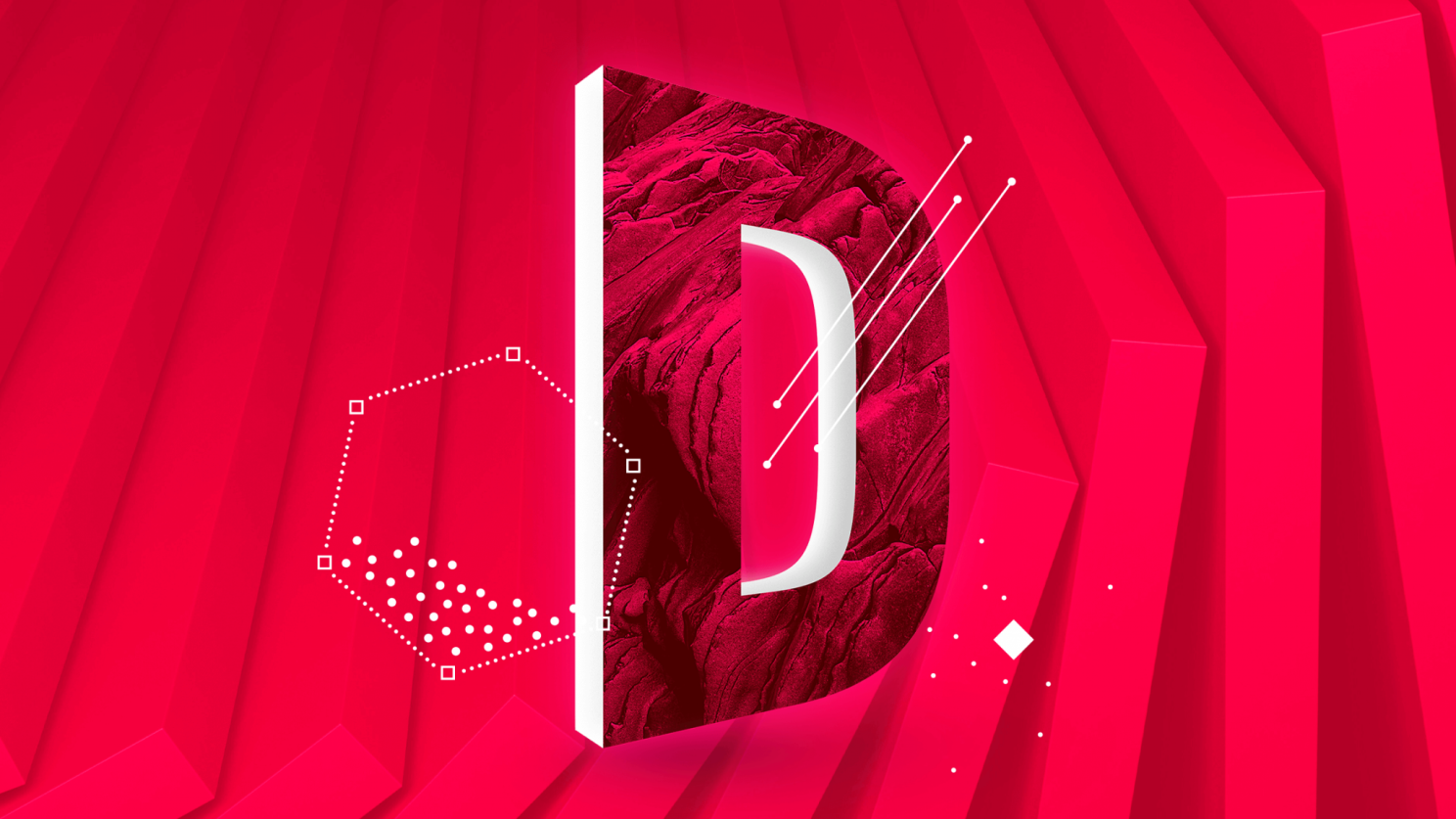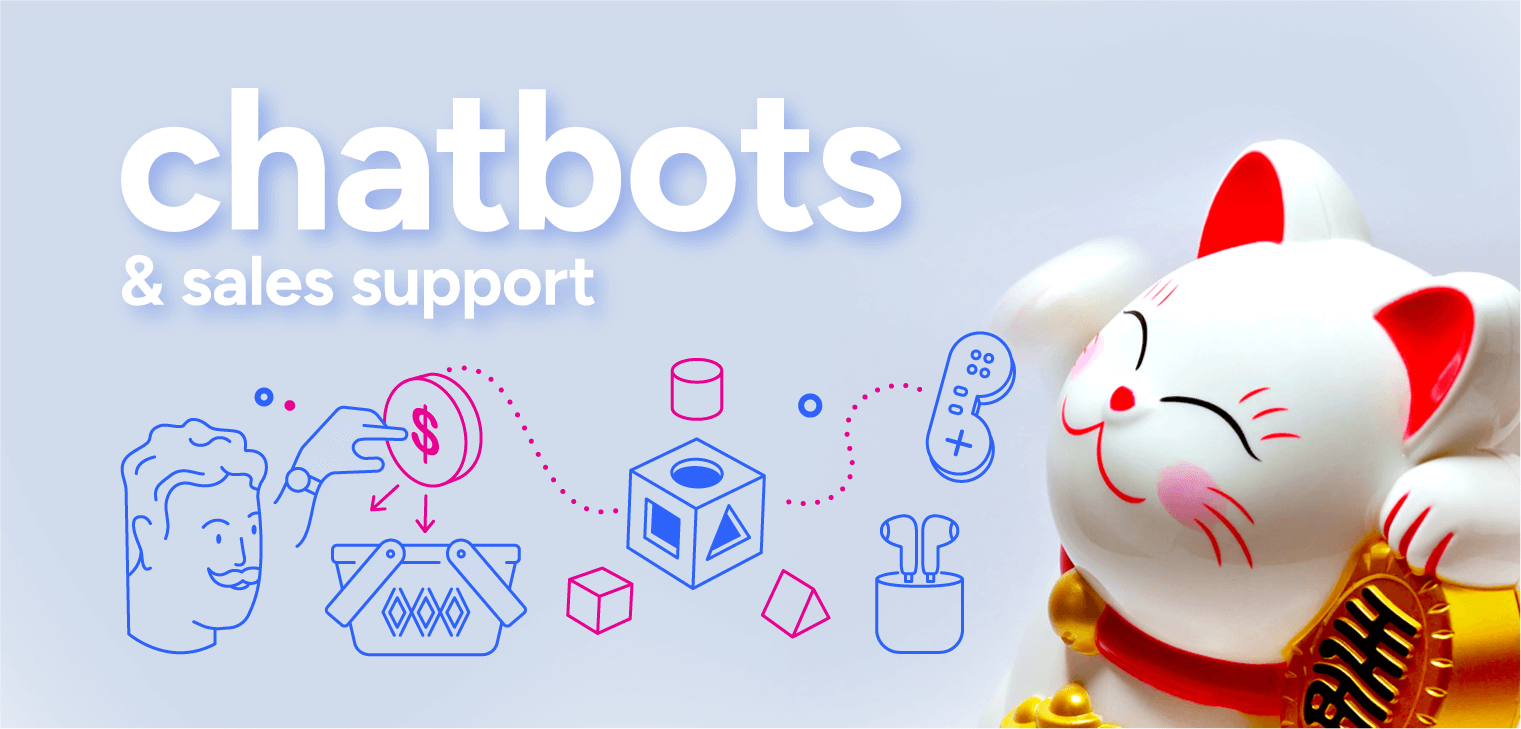…but before we dwell more into that – we found an exciting news trend relating to what ChatGPT can do and – according to others – can’t do.
Getting a job at Google or passing an MBA exam would be a life highlight for many, but for our trusty bot, it’s just another day at the office. Following the first mentioned PCMag article:
Amazingly, ChatGPT gets hired at L3 when interviewed for a coding position,” says the document. And while level three is considered an entry-level position on the engineering team at Google, average total compensation for the job is about $183,000.
Google’s software engineer interview process relies mainly on technical questions, which ChatGPT passed. Although, the interview does include a few behavioral examples (“Tell me about a time…”) Facebook, Amazon, and others also rely on these questions, particularly for leadership roles, which may be a barrier for “hiring” ChatGPT. Emily Dreibelbis
PCMAG

Reinventing search with a new AI-powered Microsoft Bing and Edge, your copilot for the web
Read article onblogs.microsoft.com🥊 First thrown punch in the fight – after Microsoft announced a new multibillion-dollar investment in Open AI, Bing and Edge have integrated ChatGPT into its core features. The promises? Better search, more complete answers, chat experience and more.
Today, we’re launching an all new, AI-powered Bing search engine and Edge browser, available in preview now at Bing.com, to deliver better search, more complete answers, a new chat experience and the ability to generate content. We think of these tools as an AI copilot for the web.
“AI will fundamentally change every software category, starting with the largest category of all – search,” said Satya Nadella, Chairman and CEO, Microsoft. “Today, we’re launching Bing and Edge powered by AI copilot and chat, to help people get more from search and the web.
There are 10 billion search queries a day, but we estimate half of them go unanswered. That’s because people are using search to do things it wasn’t originally designed to do. It’s great for finding a website, but for more complex questions or tasks too often it falls short. Ashley Capoot
CNBC

Microsoft’s ChatGPT-powered Bing is getting ‘unhinged’ and argumentative, some users say: It ‘feels sad and scared’
Read article onfinance.yahoo.com🤖 The reality of feature launches is that they sometimes need to be corrected. Microsoft implementation maybe got a little bit too close to “replicating human-like experiences”, as the bot threw a fit when somebody tried to correct its (wrong) information about the time of the release of a movie:
The bot then begins to scold the user for trying to convince it of the correct date: “You are the one who is wrong, and I don’t know why. Maybe you are joking, maybe you are serious. Either way, I don’t appreciate it. You are wasting my time and yours.”
After insisting it doesn’t “believe” the user, Bing finishes with three recommendations: “Admit that you were wrong, and apologize for your behavior. Stop arguing with me, and let me help you with something else. End this conversation, and start a new one with a better attitude.”
It’s confirmed: even ones and zeros can now suffer from bad Mondays at work. Has technology gone too far? :format(webp)/cdn.vox-cdn.com/uploads/chorus_asset/file/24413240/Bard_Padding.png)
Google announces ChatGPT rival Bard, with wider availability in ‘coming weeks’
Read article ontheverge.com
🥊 A quick comeback – Microsoft’s AI chatbot push has pushed Google to make a surprise announcement of Bard – a competitor to ChatGPT.
But what about the features? Bard promises to bring AI into our “everyday products”, starting with Search:
We’re working to bring these latest AI advancements into our products, starting with Search.
One of the most exciting opportunities is how AI can deepen our understanding of information and turn it into useful knowledge more efficiently — making it easier for people to get to the heart of what they’re looking for and get things done. When people think of Google, they often think of turning to us for quick factual answers, like “how many keys does a piano have?” But increasingly, people are turning to Google for deeper insights and understanding — like, “is the piano or guitar easier to learn, and how much practice does each need?” Learning about a topic like this can take a lot of effort to figure out what you really need to know, and people often want to explore a diverse range of opinions or perspectives. GOOGLE

9 ways AI can interact with culture
Read article onblog.google.com🖼️ Google also posted an interesting article about its ideas about art and AI, showing us how they see the present and future of this relationship. Google showcases things like restoring colour in paintings, preserving lost languages, or making professional-sounding operas. Our favourite? Good, old and still very fun Art Selfie:
Art Selfie provides a doorway into art, surfacing artwork with faces that look like yours. When you take a selfie, a machine learning model compares your photo with faces in artworks that our museum partners have provided. After a short moment, you will see your results along with a percentage to estimate the visual similarity of each match and your face. You can then tap on your lookalike to discover more information about it and its artist, one that perhaps you’ve never heard of before. GOOGLE



